soak seeds prior to planting, or not?
eaglesgarden
15 years ago
Related Stories
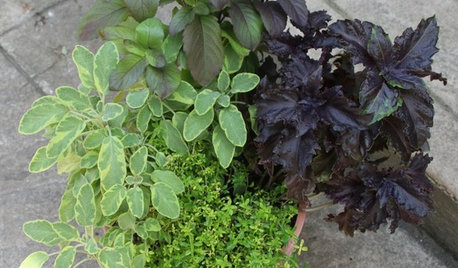
CONTAINER GARDENS8 Easy Container Plants to Grow From Seed
Get beautiful blooms and herbs in summer by starting these choice garden picks from seed in spring
Full Story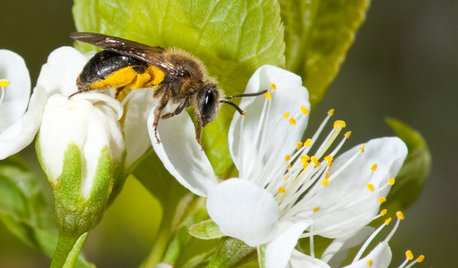
GARDENING GUIDESInvite Mining Bees to Your Garden by Planting Their Favorite Plants
Look for mining bees (Andrena) pollinating woodland wildflowers in U.S. gardens this spring
Full Story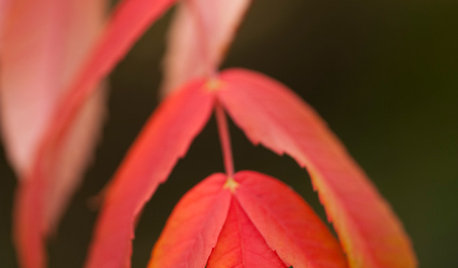
GARDENING GUIDESGreat Design Plant: Rhus Glabra
Smooth sumac provides powerful jolts of fall color and persistent fruit clusters that add interest through the winter
Full Story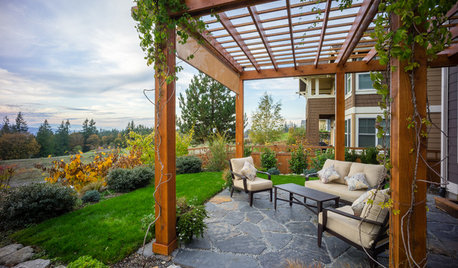
FALL GARDENINGWhy Fall Is the Best Time for Planting
Spring is overrated for planting. Starting plants in autumn has advantages for both garden and gardener
Full Story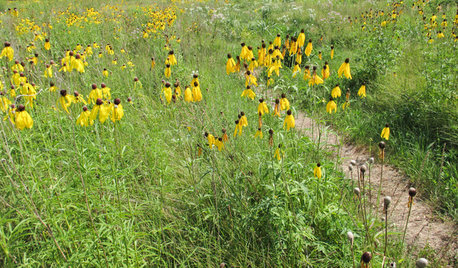
GARDENING GUIDESGreat Design Plant: Ratibida Pinnata Flutters in the Breeze
This bright coneflower brings splashes of yellow to eastern U.S. prairie gardens and perennial borders
Full Story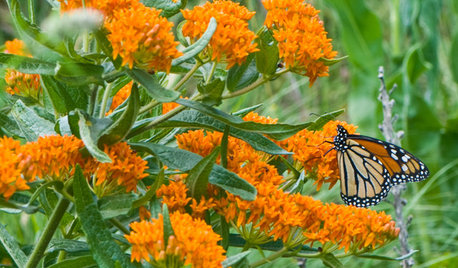
GARDENING GUIDESGreat Design Plant: Butterfly Milkweed, a Beacon in the Prairie
Vivacious orange flowers for you, nectar for the butterflies and bees. Asclepias tuberosa is worth planting for more reasons than one
Full Story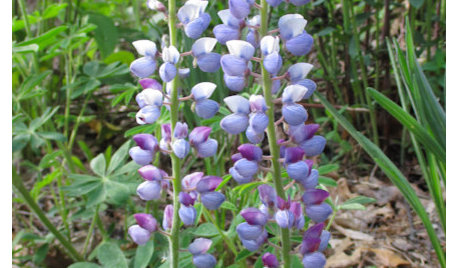
GARDENING GUIDESGreat Design Plant: Wild Lupine Dresses Up Rocky Gardens
Spiky blue flowers and a high tolerance for poor soil make this plant ideal for tough sites
Full Story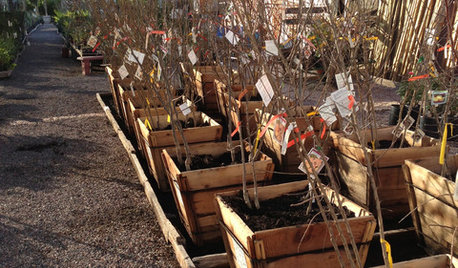
GARDENING GUIDESThe Beauty of Bare-Root Plants
Plant dormant trees and shrubs in fall using the easy, affordable bare-root method and enjoy beautiful results in spring
Full Story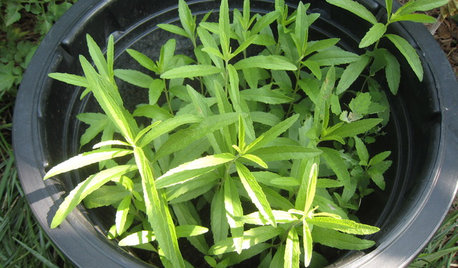
FALL GARDENINGBe Your Own Wildflower Nursery
Gather seeds from your garden in fall, and you'll have a selection of plants for next year — without spending a dime
Full Story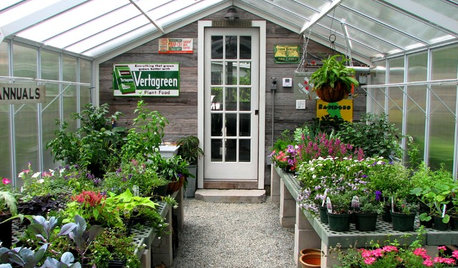
OUTBUILDINGSRoom of the Day: An Old Shed Becomes a Spa and Greenhouse
A garden-loving couple create the perfect place to have a soak and putter with their plants year-round
Full Story





farmerdilla
tormato
Related Professionals
Sand Springs Landscape Architects & Landscape Designers · Vernon Hills Landscape Architects & Landscape Designers · Aloha Landscape Contractors · Hilton Head Island Landscape Contractors · Palos Verdes Estates Landscape Contractors · Rancho Santa Margarita Landscape Contractors · Saint George Landscape Contractors · Santa Ana Landscape Contractors · Whittier Landscape Contractors · Clearfield Landscape Contractors · Albemarle Decks, Patios & Outdoor Enclosures · Inwood Decks, Patios & Outdoor Enclosures · Layton Decks, Patios & Outdoor Enclosures · Lewisville Decks, Patios & Outdoor Enclosures · Vandalia Decks, Patios & Outdoor EnclosureseaglesgardenOriginal Author
tcstoehr
glib
zeedman Zone 5 Wisconsin
cyrus_gardner
promethean_spark
marlingardener
oldpea
hemnancy
drloyd
thespanishgarden
anney
drloyd